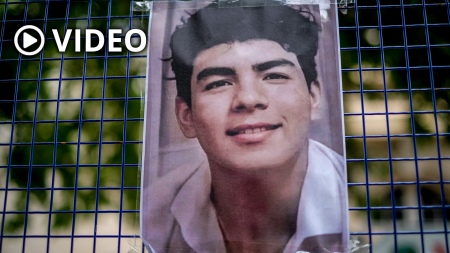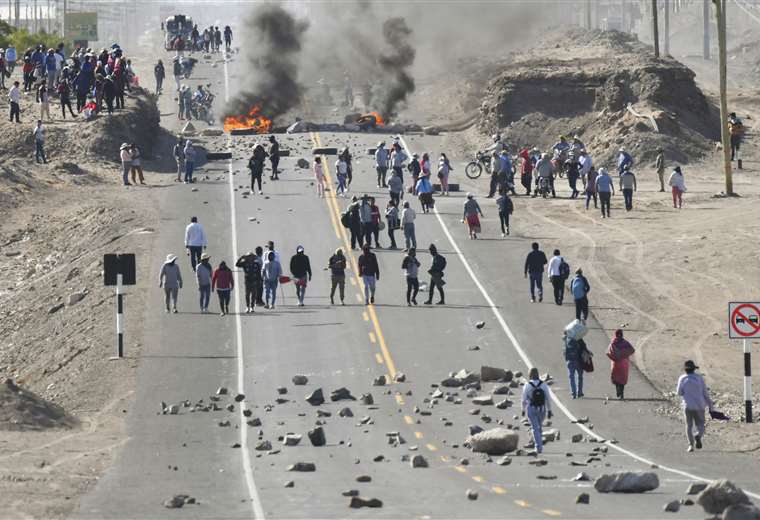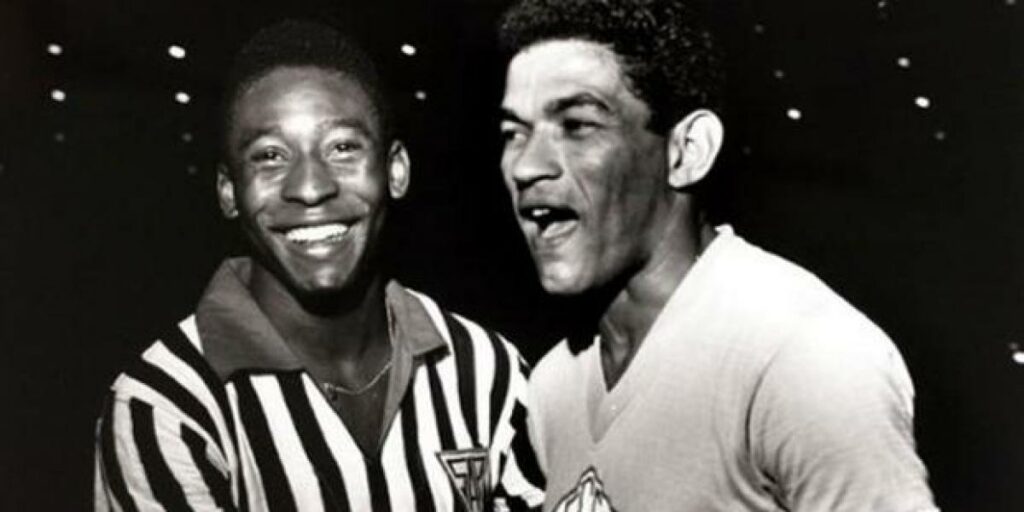The head of the National Institute against Discrimination, Xenophobia and Racism (Inadi), Greta Penasaid this Thursday that the crime of Fernando Baez Sosa, which occurred three years ago in Villa Gesell, “highlights barbarism” and urges “to reflect on what it means to be a man, a friend and the exacerbated masculinity in the culture of resistance”.
“There are groups that cannot even name that there was a crime. Beyond the criminal responsibilities that the Justice will determine, this makes us reflect on what it means to be a man, an athlete, a friend, masculinity exacerbated in the culture of resistance and this of the supposed supremacy of some over othersPena said Thursday morning on AM 750 radio.
The official was at the interreligious ceremony that took place in the city of Dolores on the third anniversary of the murder of Báez Sosa this Wednesdaywhile the trial against eight young people accused of that crime is taking place.
From the interreligious ceremony in Dolores, the head of the Inadi, told Télam that the organization will launch “a specific program that can work on these issues of discrimination, youth, masculinities, nightlife.”
“The idea is that nightlife is not seen as a dangerous place, where you just have to control or penalize, but that our daughters and sons can enjoy, in peace and at all ages, and that is done with public policies”he warned, after remarking that “it is alarming that the protagonists accused of the crime of Fernando Báez Sosa are so young.”
“We are not going to recover Fernando’s life, but we can work so that this never happens again, and it is important that society and the entire State accompany them,” he added.

In relation to the objectives in the Inadi, he assured that he seeks “not silence voices but multiply them, in favor of equality, inclusion”since “freedom of expression is not an absolute right, but rather it has to be balanced with the principles of equality and non-discrimination”.
After expressing his concern about “political leaders making discriminatory speeches”recalled that the organization was created due to the community’s need to have a space that would ensure equality, freedom and the appreciation of diversity “after the attacks on the AMIA and the Israeli embassy.”
“Those consensuses are threatened by certain discourses in the region and in our country that promote ideas of individualism and supremacy of some over others, who want to build a country that does not value these diversities, but rather confronts us,” he added.
“I come to recover the Inadi so that people can appropriate it and that they feel that it is there for when acts of discrimination happen but that they work on prevention.”
















